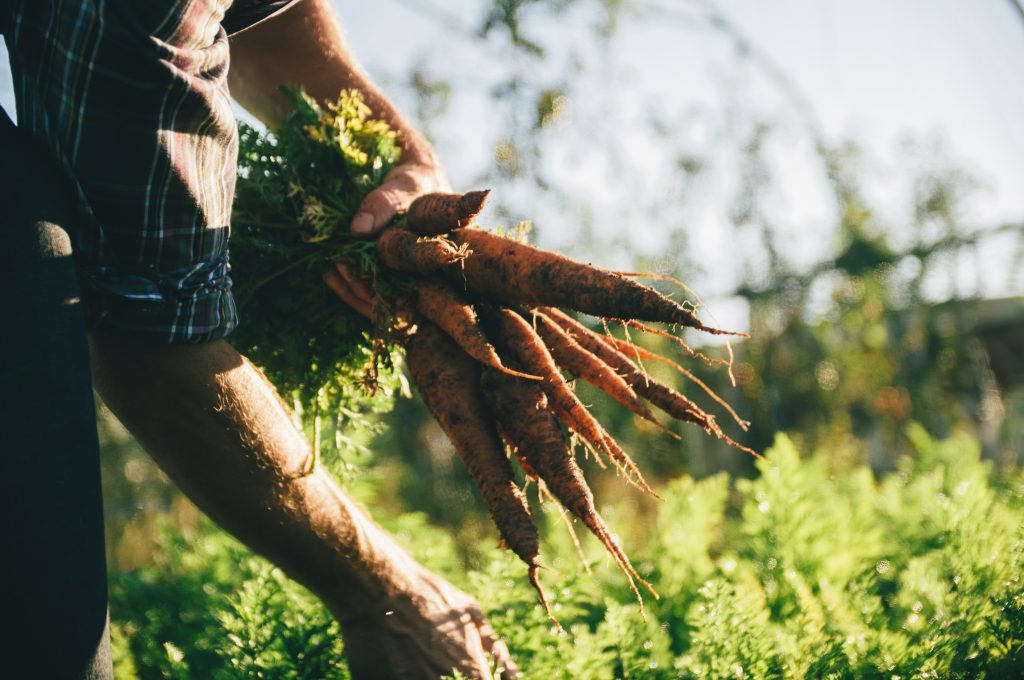Today, 17 April, is the International Day of Peasants’ Struggles. Every year groups and organisations around the world commemorate the repression of a group of farmers in Brazil. On this day in 1996, in the Amazonian state of Pará, state military police massacred peasants organised in the Movement of Landless Rural Workers demanding access to land and justice.
17 April is an important occasion to express thanks to those millions of people who make the food on our plates possible: Peasants, artisanal fisherfolks, shepherds, hunters and gatherers produce 70% of all food in the world. This year, amid the Coronavirus crisis, we appreciate their essential work more than ever.
While more than 90% of Europe’s farms are family farms, non-family members account for two thirds (66%) of the labour input in agriculture – this includes mainly seasonal workers, working sometimes in precarious conditions. Furthermore, small farms of less than 10 hectares represent 80% of all farms. Both small farmers and seasonal workers are working hard and struggling to make ends meet at the same time.
In times of a global health crisis we stand in full solidarity with those on the frontlines that will be hit hard if we do not act collectively: peasants, indigenous peoples, farm and food workers, migrant workers with little or no access to public health systems and especially people living without reliable water, food and sanitation and without possibilities to avoid infection.
In the last weeks, thousands of farm workers have been missing in the fields in several European countries, food prices increasing for consumers, purchase prices of essential products like milk dropping for farmers, food thrown away, and countries stopping exports of food products. The coronavirus crisis shows how fragile our globalised food system is.
We must look at the root causes of different interlinked crises we face. If business as usual continues we will not withstand future crises like the climate and biodiversity crises. Urgent action needs to be taken to change the food system.
- It is crucial that food and agriculture are re-shaped within a human rights framework instead of being considered as global investment opportunity. This means granting fair prices to farmers, fair incomes to farm and food workers and improving the working and living conditions of both since they carry out heavy and essential work feeding our societies.
- It is also essential to switch to agroecology and stop the destruction of nature, forests, and biodiversity since those are key causes of pandemics and diseases like COVID19.
- Efforts to protect nature need to be scaled up rapidly: cut our use of agrocommodities, like soy, palm oil, meat, reduce our overconsumption, cut subsidies and increase taxation for industrial and chemical based agriculture, strengthen and implement laws to protect nature.
In a few words – we need to build food sovereignty.
This crisis should not be used by EU and national decision makers to weaken environmental legislation. On the contrary, the crisis makes it even more evident that holistic and long term responses to all environmental and health crises need to be coordinated. With the same determination policy makers are now fighting the COVID19 pandemic, they need to change our agricultural and food policy by developing measures to guarantee local, healthy and sustainable production in the hands of small and medium sized farmers at a fair price and promote local food distribution at municipality level.
Environmental policy is ultimately ensuring our survival on earth.
Millions of examples prove that localised food production, independent from global chains and supply, is more resilient to pests, uses more diverse crops and sustainable animal farm systems and causes less greenhouse gas emissions – this is why we want to express thanks and support to all the small scale sustainable producers in Europe.
On this 17 April, we #StayHomeButNotSilent and call for #PeasantsRights all over the world!







